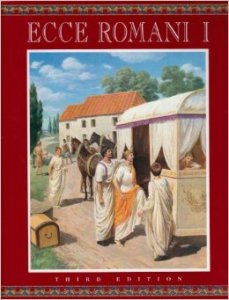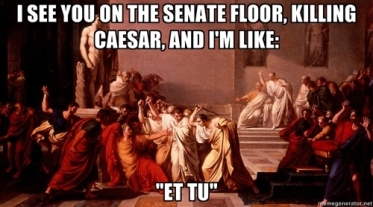
Would the writing workshop approach work in your discipline? How might you organize a workshop?
Incorporating other disciplines into ones subject area is difficult, not necessarily in relation but giving adequate time that other subject to strengthens students skills and knowledge (Content Area-Writing; Daniels, Zemelman, Steineke). Writing is an essential aspect of language, especially Latin, yet this writing happens in Latin, not English. So for my classroom I would have to be deliberate in how I go about doing a writing workshop. I have a few ideas as to what sort of projects we could do but the hard part would be to encourage strong writing while at the same time relating it to my content-area.
One possible project would be writing a response to one of the Pliny the Younger’s letters. This would be great practice for students to first translate the letter and understand what is being said. I would give instruction on how to write a formal letter to a friend. The response would be in english but students would have to follow the typical format for letter writing. I would have them take this a step further and have them delve into what is happening in the letter or response. Perhaps start research on the Mt. Vesuvius eruption, what sort of place Pompeii was, what a historian might write about about this incident. I see a lot of other projects stemming form this reading and singular workshop on writing letters. I would follow this day up with another letter writing workshop but instead of letters between friends, a business letter. Possibly one between senators. I would expect my students to use their prior knowledge they have, from pervious lectures, on Roman elite society and the senatorial politics.
Another possible writing workshop I could do would be on an ancient artifact, a research paper that could be published in an archeology journal. I would first start the students by letting them choose an artifact ( vessels, clothing, coins, etc) and then have them research the background of that particular artifact. This would be a workshop that extended beyond a day or two, probably a final project/paper. I would create deadline benchmarks for students, when to have the background info by, when to have your argument for the usage of the artifact by whom, a thesis and intro, primary and secondary sources, a rough draft and then a final draft.
Writing workshops can be daunting but starting with singular projects, taking a day or two to complete is easier to swallow and will not interfere too much with current lesson plans. I find this somewhat exciting and I look forward to using these same ideas in my classroom.
image:http://quemdixerechaos.com/2012/12/04/translatingplinypt4/

